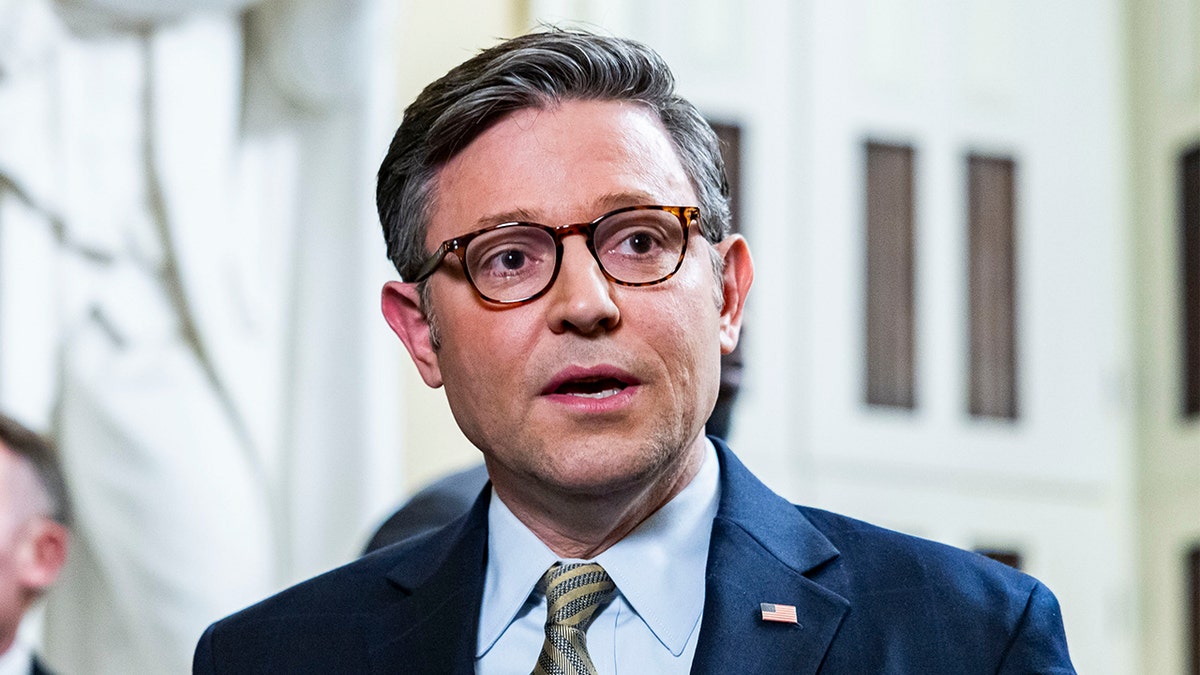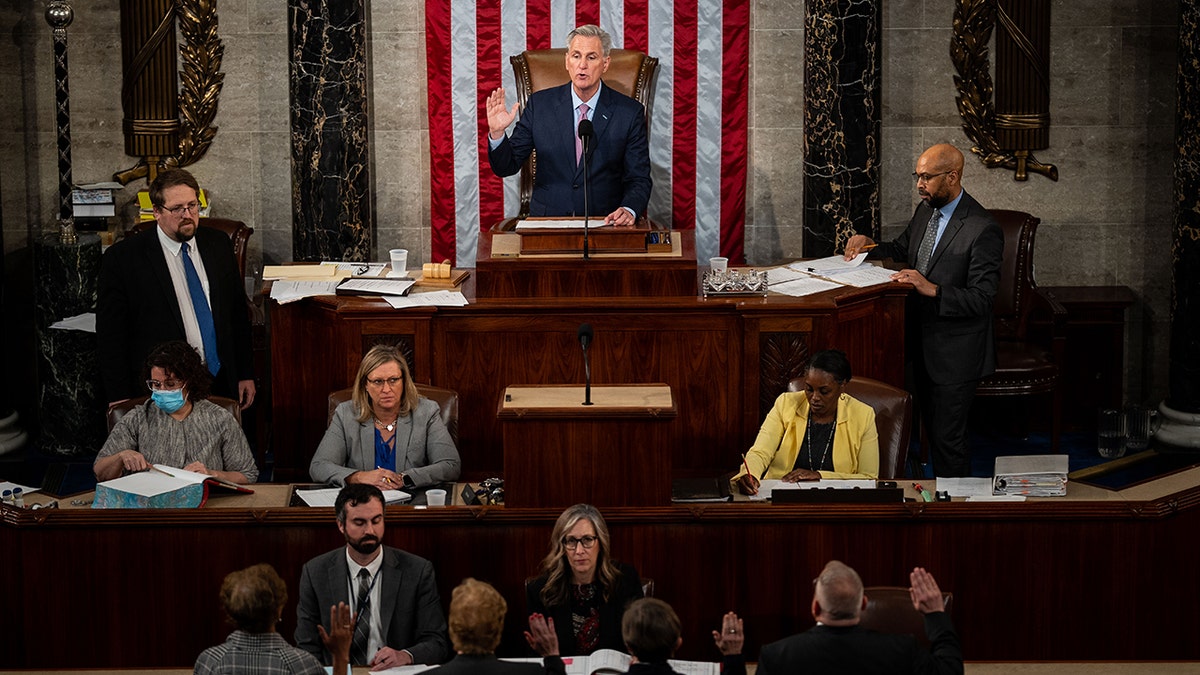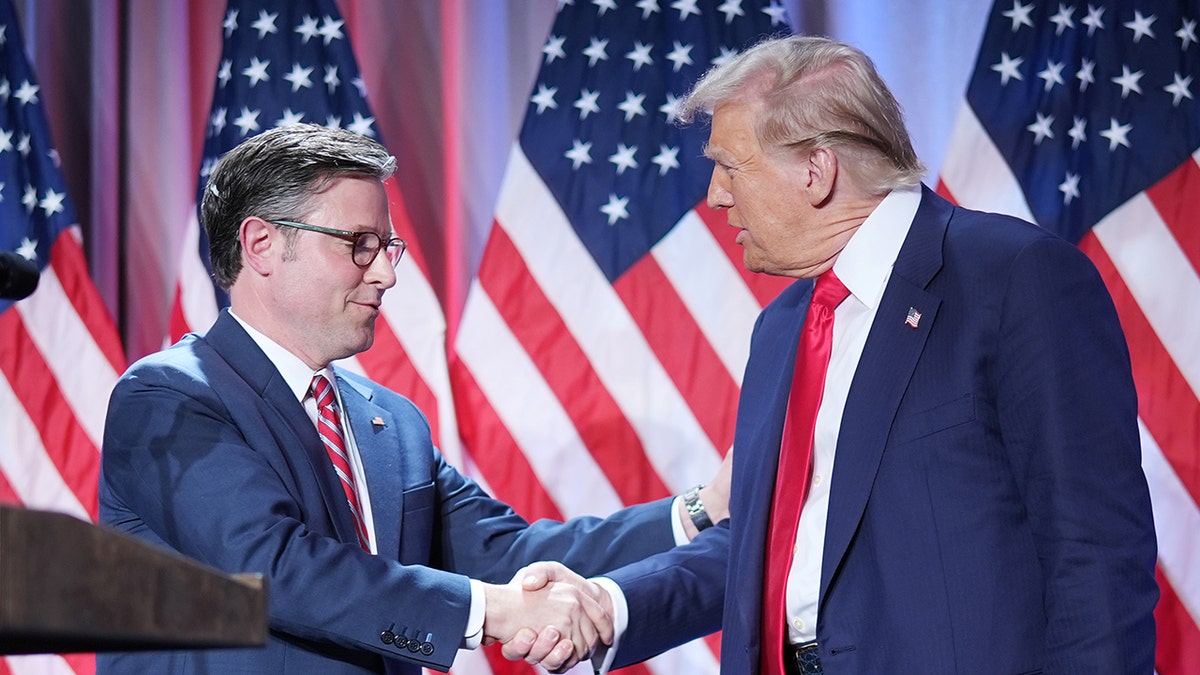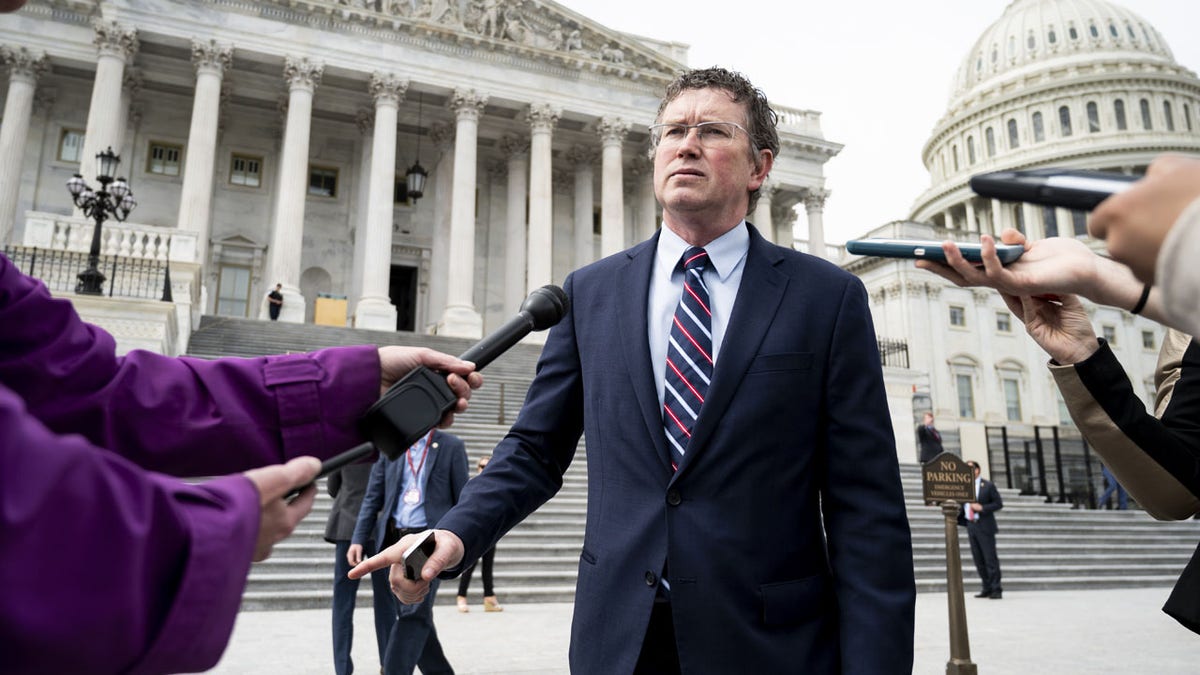The House of Representatives is gearing up to elect its Speaker for the 119th Congress, a crucial vote that will determine the chamber's leadership for the next two years. This election holds particular significance as it precedes the certification of President-elect Donald Trump's victory.
Current Speaker Mike Johnson is seeking re-election, but his path is not without obstacles. While he secured the speakership in the previous, contentious election following Kevin McCarthy's ouster, he faces renewed challenges in unifying his party. The upcoming vote requires a majority of House members, and with a slim Republican majority, Johnson needs near-unanimous support from his party.
The Election Process and Key Players
The Speaker vote is constitutionally mandated for noon on January 3, 2025. With Republicans holding a narrow four-seat majority (expected to shrink further with two GOP members likely joining Trump's cabinet), the margin for error is slim. A Republican speaker candidate needs 218 votes if all members are present and voting.

While no other candidates have officially entered the race, the possibility of alternative contenders emerging on the day of the vote remains. Some Republicans, including Rep. Thomas Massie, have openly stated their opposition to Johnson, while others, like Rep. Scott Perry, remain undecided, highlighting the internal divisions within the GOP.
House Minority Leader Hakeem Jeffries has confirmed that Democrats will not intervene to support Johnson if he lacks sufficient Republican votes, further emphasizing the importance of GOP unity.
Challenges and Implications
Johnson's recent struggles with government funding legislation add another layer of complexity to the speaker race. His proposed funding bills faced opposition from both Republican colleagues and figures outside Congress, raising concerns about his ability to garner broad support within his party. This division over funding could impact his chances in the speaker election.

Furthermore, the timing of the speaker vote, just days before the Electoral College certification, adds to the pressure. Until a speaker is elected, the House cannot conduct official business, including certifying the presidential election results. Any delays in the speaker election could potentially impact this crucial process.
Trump's Endorsement and Its Potential Impact

President-elect Trump's endorsement of Johnson could be a decisive factor in the election. Trump's public support, expressed on Truth Social, frames Johnson as a strong leader who will continue the "MAGA" agenda. This endorsement carries significant weight within the Republican party and could sway undecided members to support Johnson.

Despite the challenges and uncertainties, the upcoming House Speaker election is a critical event with significant implications for the future of the 119th Congress and the incoming Trump administration.
Comments(0)
Top Comments